Jesus is infinitely merciful. We cannot out-sin God’s mercy. He longs for us to return to Him with our whole heart, for He is gracious and merciful. But this does not mean it doesn’t matter what we do. Because Jesus is also perfectly just, everything we do matters. In God, justice reigns, and we are confident that we will receive from Him what is just. In today’s Gospel, we see this balance of justice and mercy.
Why does Jesus refuse to condemn the woman who is caught in the very act of adultery (a sin so serious that the punishment is being stoned to death)? Isn’t her activity condemnable? Isn’t there a commandment against adultery? Yes, there is. So is Jesus saying the commandment doesn’t matter? Certainly not.
While Jesus does not condemn her, He does not condone her actions; he does not say that her sin does not matter and she can just go on as she has been. He deals a “one-two” punch to the enemies of her soul: sin and the unforgiving judgment of others. And then He calls her in freedom to walk a new way.
First, He pauses to point out the hypocrisy of the Pharisees who seem to revel in their self-righteous accusation and eagerness to inflict punishment for offenses. No one has the right to condemn the woman for her sin, because none of them are without sin themselves – and yet, they publicly accuse others and seem to delight in discovering and pointing out the woman’s obvious sin because it makes them feel superior. Without love, they have no right to point out the transgressions of others. There is no compassion or desire for the other’s good in their response to the woman. Under Jesus’ penetrating gaze, their own guilt sends them away from her.
Next, Jesus turns his attention fully to the woman, whose life was hanging in the balance and at the whim of the judgmental crowd publicly accusing her. He does not ignore her sin, but with great love and desire for her good, He forgives her, saying, “Neither do I condemn you.” And then, as Love always does, Jesus invites her to a fuller life beyond sin. He has set her free to walk in newness of life, and with great compassion He calls her to use this freedom to choose good: “Go, and from now on do not sin any more.”
God’s forgiveness is spectacularly freeing and life-changing. But in order to receive it, we must acknowledge our sin and be filled with desire to walk away from it, and all that leads us into it. We must freely choose to reject sin and walk with HIM.
This is what we have been called to learn anew during Lent: that God’s mercy is infinite, that we must open ourselves fully to His forgiveness and love, and be determined to walk in the newness of life Jesus made possible through His Passion and Death on the Cross.
Jesús es infinitamente misericordioso. No podemos excluirnos de la misericordia de Dios por la cantidad de pecados que cometemos. Anhela que regresemos a Él con todo el corazón, porque es misericordioso y lleno de gracia. Pero esto no significa que no importe lo que hagamos. Como Jesús también es perfectamente justo, todo lo que hacemos importa. En Dios reina la justicia, y confiamos en que recibiremos de Él lo que es justo. En el Evangelio de hoy, vemos este equilibrio de la justicia con la misericordia.
¿Por qué Jesús se niega a condenar a la mujer sorprendida en el mismo acto de adulterio (un pecado tan grave que el castigo era ser apedreada hasta la muerte)? ¿No es condenable su comportamiento? ¿No hay un mandamiento contra el adulterio? Sí, lo hay. Entonces, ¿está diciendo Jesús que el mandamiento no importa? Claro que no.
Si bien Jesús no la condena, tampoco aprueba sus acciones; no dice que su pecado no importa y que puede seguir en lo mismo. Jesús asesta un doble golpe a los enemigos de su alma: el pecado y el juicio implacable de los demás. Y luego la llama a la libertad para que recorra un nuevo camino.
Primero, hace una pausa para señalar la hipocresía de los fariseos, que parecen deleitarse en sus acusaciones moralistas y en su afán por infligir castigo por las ofensas. Nadie tiene derecho a condenar a la mujer por su pecado, porque ninguno de ellos está libre de pecado. Sin embargo, acusan públicamente a los demás y parecen deleitarse en descubrir y señalar el pecado obvio de la mujer porque eso los hace sentir superiores. Sin amor, no tienen derecho a señalar las transgresiones de los demás. No hay compasión ni deseo por el bien del otro en su respuesta a la mujer. Bajo la mirada penetrante de Jesús, su propia culpa los aleja de ella.
A continuación, Jesús dirige su atención completamente a la mujer, cuya vida pendía de un hilo y estaba al antojo de la multitud que la acusaba públicamente y la juzgaba. No ignora su pecado, sino que con gran amor y deseo por su bien, la perdona, diciendo: “Tampoco yo te condeno”. Y luego, como siempre lo hace el Amor, Jesús la invita a una vida más plena más allá del pecado. La ha liberado para caminar en una nueva vida, y con gran compasión la llama a utilizar esta libertad para elegir el bien: “Vete, y ya no vuelvas a pecar”.
El perdón de Dios es espectacularmente liberador y cambia la vida. Pero para recibirlo, debemos reconocer nuestro pecado y estar llenos del deseo de alejarnos de él, y de todo lo que nos lleva a él. Debemos elegir libremente rechazar el pecado y caminar con ÉL.
Esto es lo que hemos sido llamados a aprender de nuevo durante la Cuaresma: que la misericordia de Dios es infinita, que debemos abrirnos completamente a Su perdón y amor, y estar decididos a caminar en la vida nueva que Jesús hizo posible a través de Su Pasión y Muerte en la Cruz.
 Kathryn Mulderink, MA, is married to Robert, Station Manager for Holy Family Radio. Together they have seven children (including Father Rob), and eleven grandchildren. She is President of the local community of Secular Discalced Carmelites and has published five books and many articles. Over the last 30 years, she has worked as a teacher, headmistress, catechist, Pastoral Associate, and DRE, and as a writer and voice talent for Catholic Radio. Currently, she serves the Church by writing and speaking, and by collaborating with various parishes and to lead others to encounter Christ and engage their faith. Her website is www.KathrynTherese.com
Kathryn Mulderink, MA, is married to Robert, Station Manager for Holy Family Radio. Together they have seven children (including Father Rob), and eleven grandchildren. She is President of the local community of Secular Discalced Carmelites and has published five books and many articles. Over the last 30 years, she has worked as a teacher, headmistress, catechist, Pastoral Associate, and DRE, and as a writer and voice talent for Catholic Radio. Currently, she serves the Church by writing and speaking, and by collaborating with various parishes and to lead others to encounter Christ and engage their faith. Her website is www.KathrynTherese.com
Feature Image Credit: Marinas32, pixabay.com/photos/good-friday-easter-jesus-christ-2264164/
The views and opinions expressed in the Inspiration Daily blog are solely those of the original authors and contributors. These views and opinions do not necessarily represent those of Diocesan, the Diocesan staff, or other contributors to this blog.
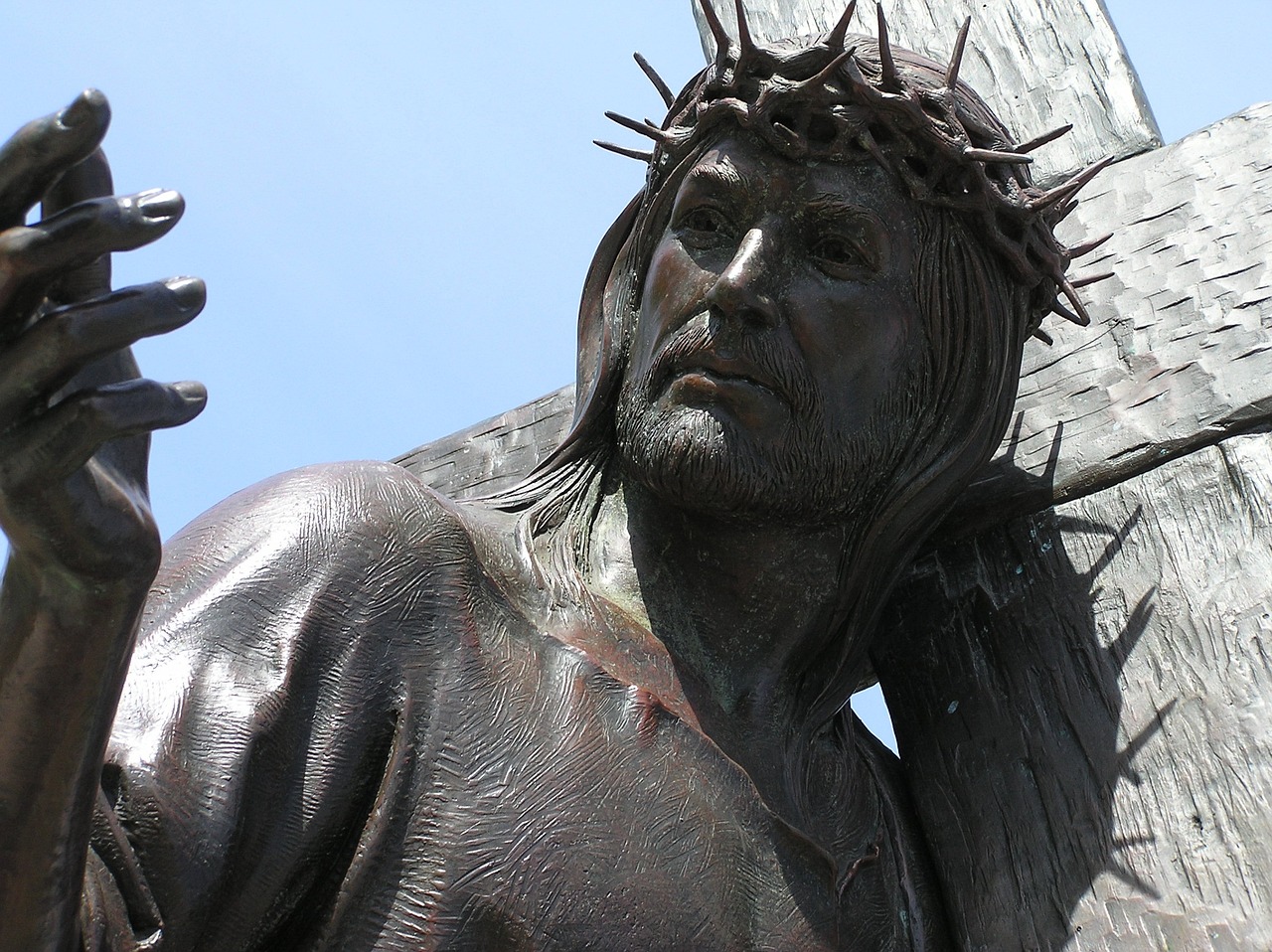

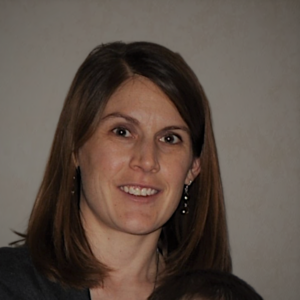 Kimberly Andrich writes from the perspective of having a hidden, chronic illness and experiencing a deep, continuous conversion through being yoked to Jesus in the day-to-day trials and joys of life. She is a wife, mother of 5, and daughter of the King. Kimberly also writes for
Kimberly Andrich writes from the perspective of having a hidden, chronic illness and experiencing a deep, continuous conversion through being yoked to Jesus in the day-to-day trials and joys of life. She is a wife, mother of 5, and daughter of the King. Kimberly also writes for 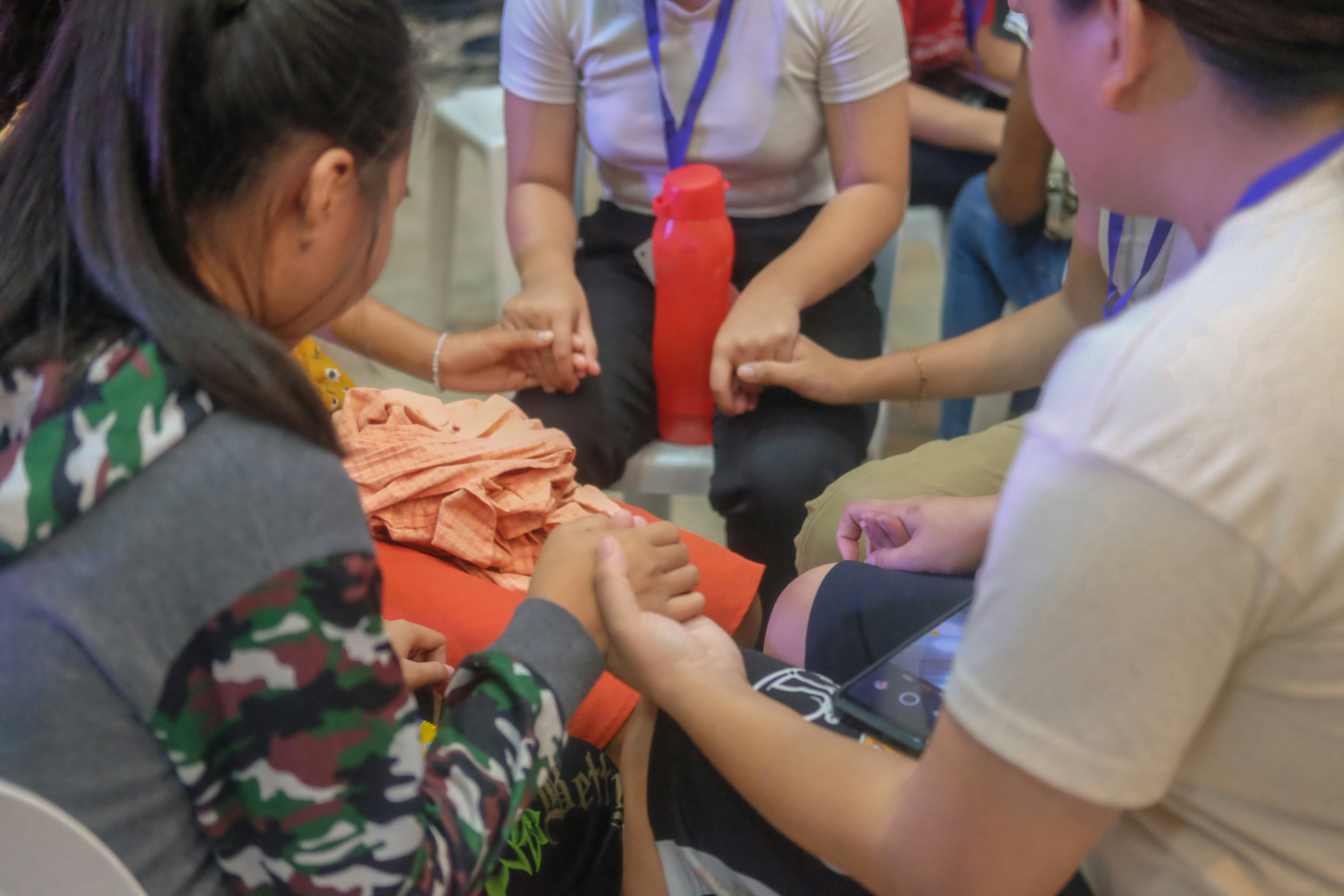


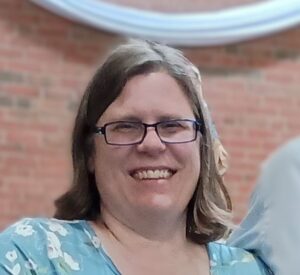 Tami Urcia is a midwestern gal from a large Catholic family. As a young adulthood she was a missionary in Mexico, where she studied theology and philosophy. After returning stateside bilingual, she gained a variety of work experience, traveled extensively and finished her Bachelor’s Degree at Brescia University. She loves organizing and simplifying things, watching her children play sports, deep conversations with close family and friends and finding unique ways to brighten others’ day with Christ’s love. She works full time at Diocesan in the Software Department and manages the Inspiration Daily reflections. She is also a contributing writer on
Tami Urcia is a midwestern gal from a large Catholic family. As a young adulthood she was a missionary in Mexico, where she studied theology and philosophy. After returning stateside bilingual, she gained a variety of work experience, traveled extensively and finished her Bachelor’s Degree at Brescia University. She loves organizing and simplifying things, watching her children play sports, deep conversations with close family and friends and finding unique ways to brighten others’ day with Christ’s love. She works full time at Diocesan in the Software Department and manages the Inspiration Daily reflections. She is also a contributing writer on 
 David Dashiell is a freelance author and editor in the Nashville, Tennessee area. He has three children, a degree in theology, and enjoys writing about philosophy, theology, culture, music, and comedy. You can find his personal blog, Serious Daydreams, on
David Dashiell is a freelance author and editor in the Nashville, Tennessee area. He has three children, a degree in theology, and enjoys writing about philosophy, theology, culture, music, and comedy. You can find his personal blog, Serious Daydreams, on 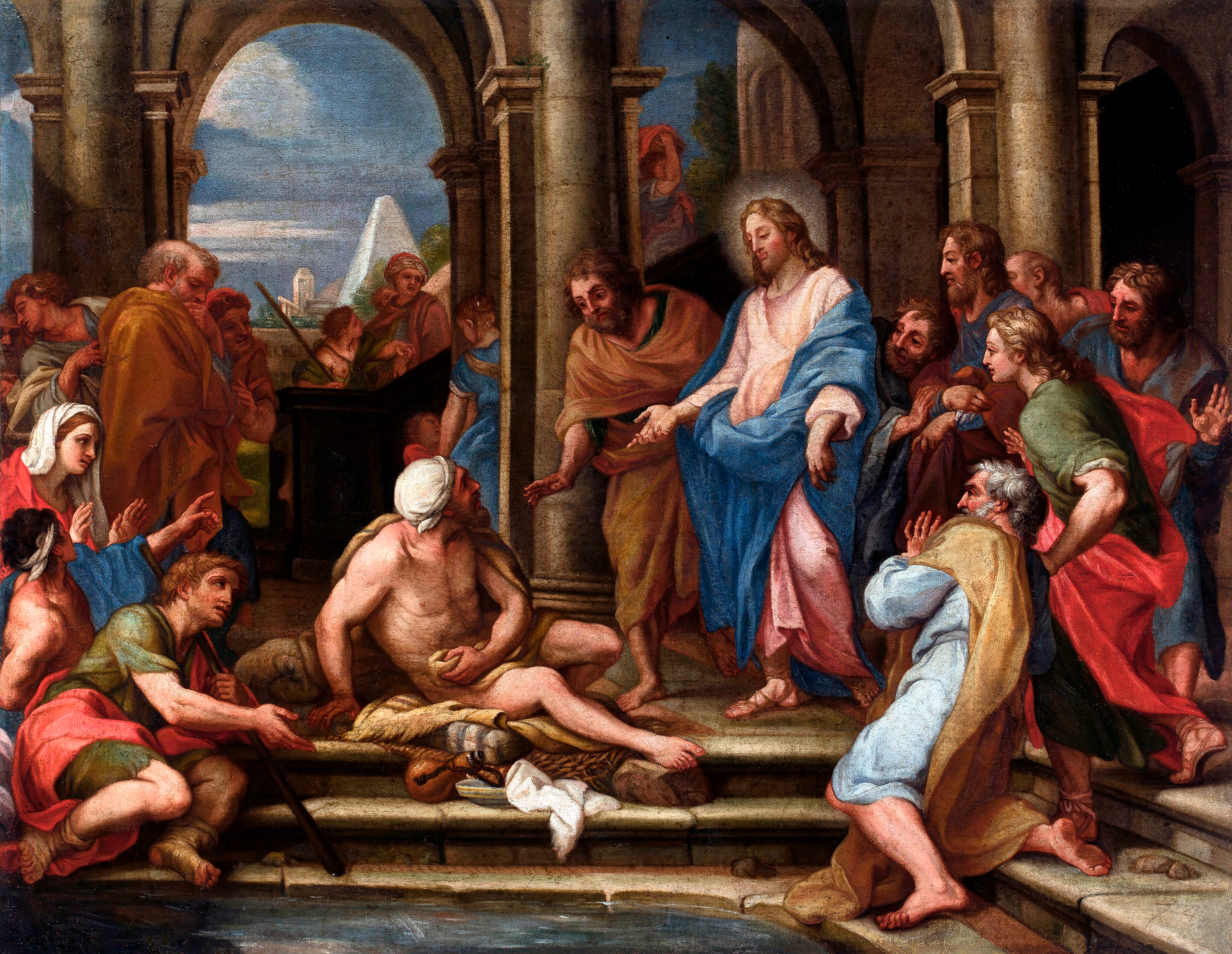
 Nicole Berlucchi is a faith and family blogger (
Nicole Berlucchi is a faith and family blogger (

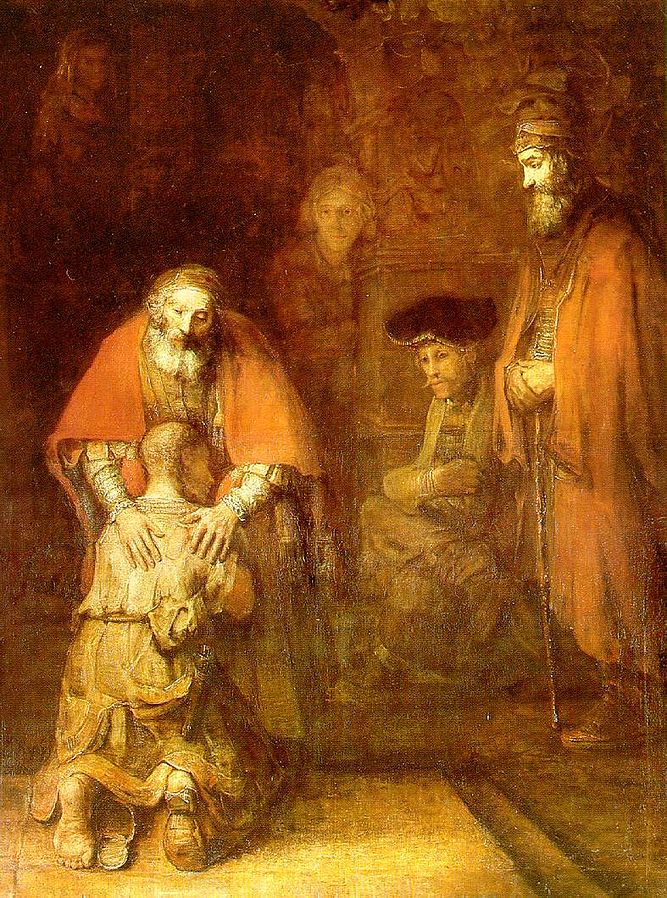
 Former NPS Park Ranger, Catholic educator, and Youth Minister, Melissa Lucca now spends her days evangelizing family and neighbors as a stay-at-home mom. She holds an MA in Theology from the Augustine Institute and pursues personal study in her spare time. Melissa loves Ignatian Spirituality, Mother Mary, and rock climbing. If you don’t hear her and her kiddo laughing at home, then they are probably out on an adventure!
Former NPS Park Ranger, Catholic educator, and Youth Minister, Melissa Lucca now spends her days evangelizing family and neighbors as a stay-at-home mom. She holds an MA in Theology from the Augustine Institute and pursues personal study in her spare time. Melissa loves Ignatian Spirituality, Mother Mary, and rock climbing. If you don’t hear her and her kiddo laughing at home, then they are probably out on an adventure!
 Dr. Alexis Dallara-Marsh is a board-certified neurologist who practices in Bergen County, NJ. She is a wife to her best friend, Akeem, and a mother of four little ones on Earth and two others in heaven above.
Dr. Alexis Dallara-Marsh is a board-certified neurologist who practices in Bergen County, NJ. She is a wife to her best friend, Akeem, and a mother of four little ones on Earth and two others in heaven above.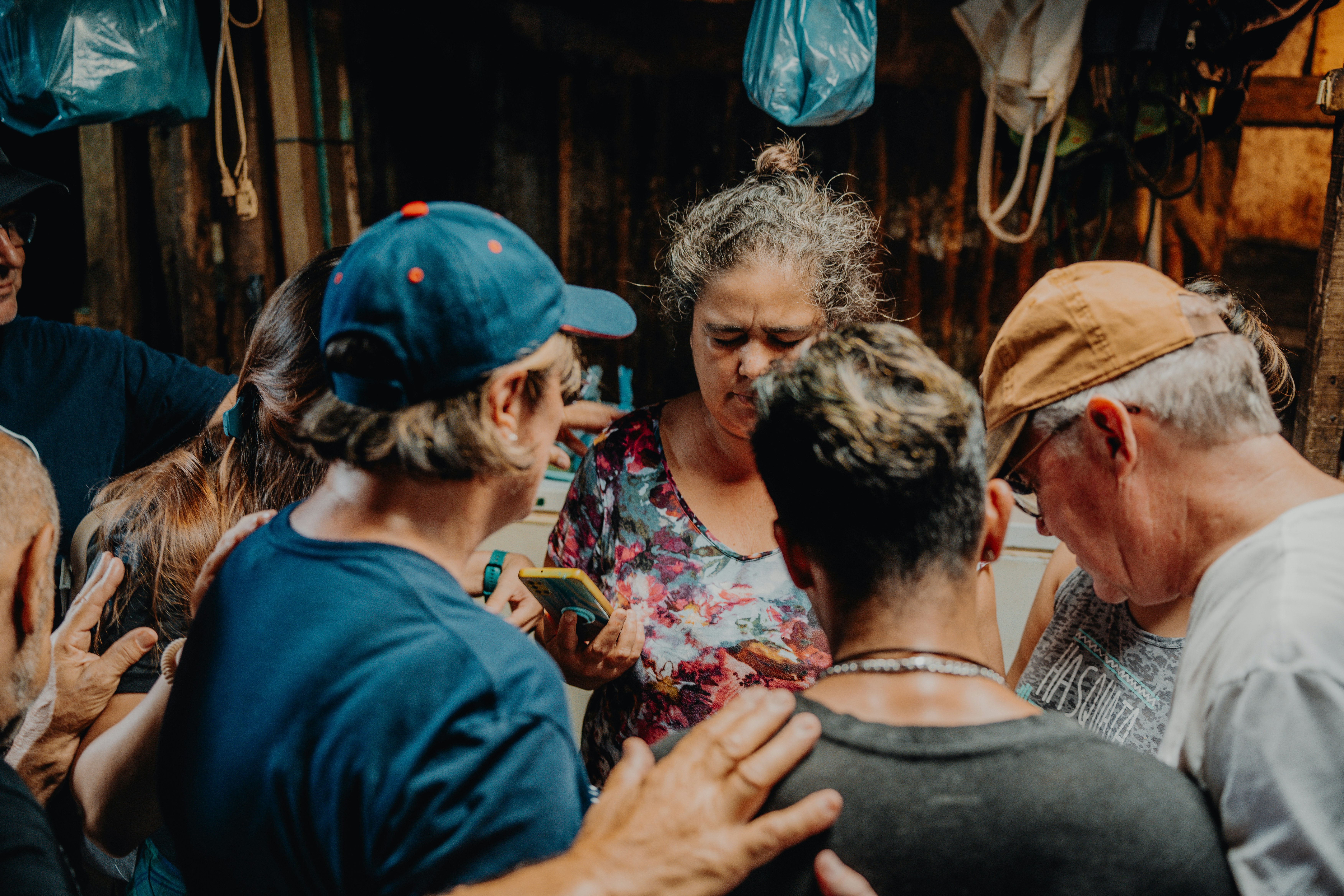
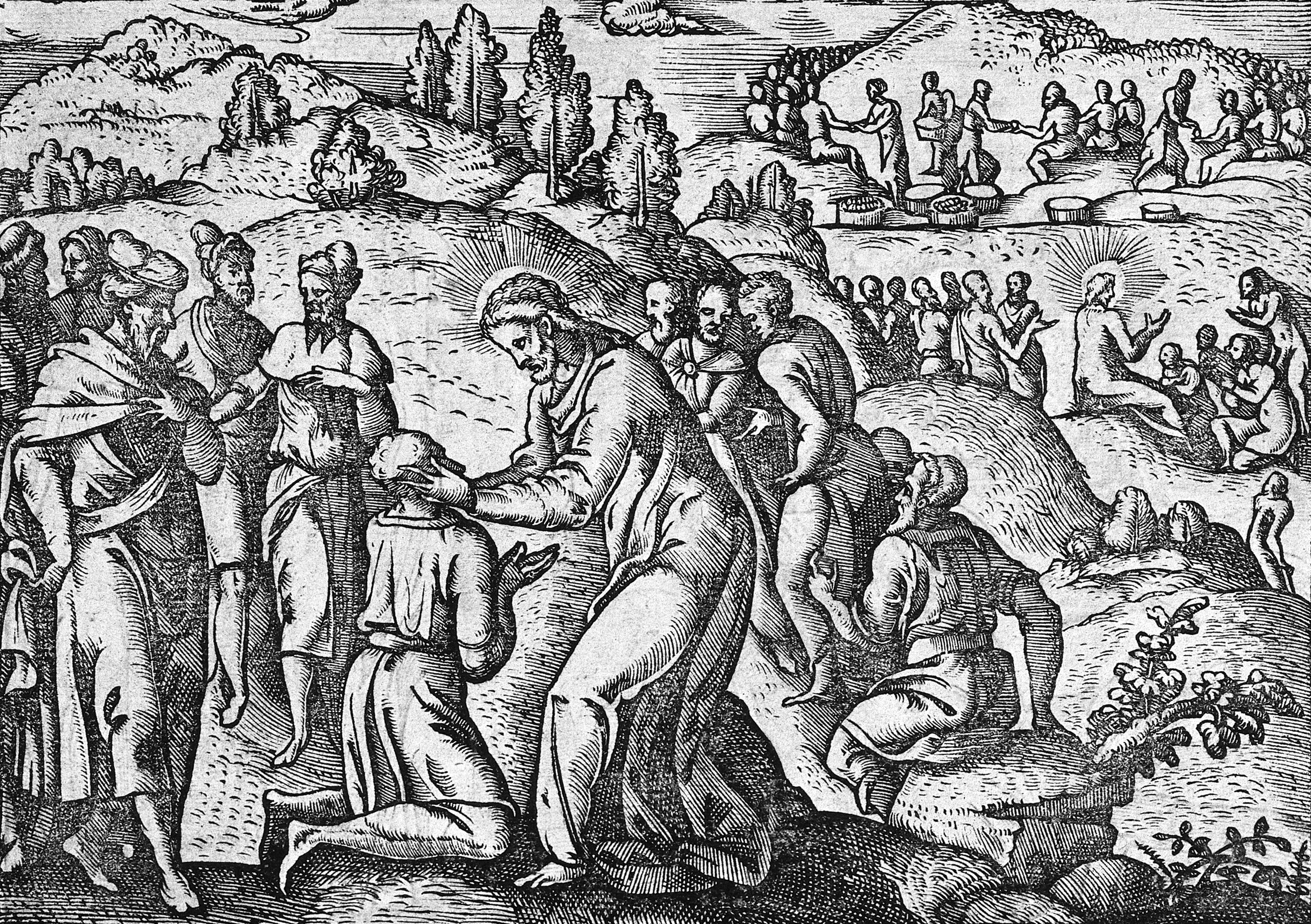
 Deacon Dan Schneider is a retired general manager of industrial distributors. He and his wife Vicki have been married for over 55 years. They are the parents of eight children and thirty-one grandchildren. He has a degree in Family Life Education from Spring Arbor University. He was ordained a Permanent Deacon in 2002. He has a passion for working with engaged and married couples and his main ministry has been preparing couples for marriage.
Deacon Dan Schneider is a retired general manager of industrial distributors. He and his wife Vicki have been married for over 55 years. They are the parents of eight children and thirty-one grandchildren. He has a degree in Family Life Education from Spring Arbor University. He was ordained a Permanent Deacon in 2002. He has a passion for working with engaged and married couples and his main ministry has been preparing couples for marriage.
 Pamela Kavanaugh is a grateful wife, mother, and grandmother who has dedicated her professional life to Catholic education. Though she has done her very best to teach her students well in the subjects of language and religion, she knows that she has learned more than she has taught. She lives, teaches, and writes in southwest suburban Chicago.
Pamela Kavanaugh is a grateful wife, mother, and grandmother who has dedicated her professional life to Catholic education. Though she has done her very best to teach her students well in the subjects of language and religion, she knows that she has learned more than she has taught. She lives, teaches, and writes in southwest suburban Chicago.